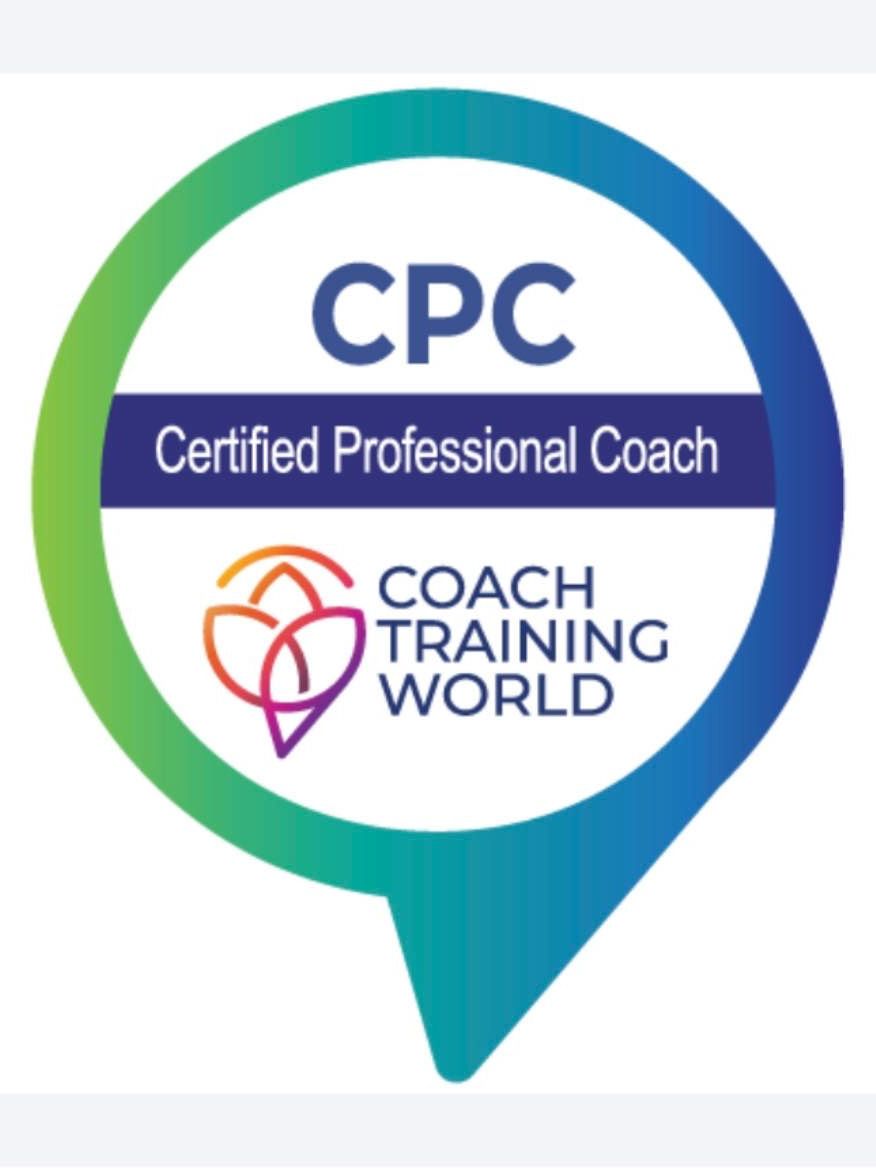Evolving in Long-Term Relationships
When Your Needs Change: Evolving in Long-Term Relationships
Change is inevitable. We evolve as individuals—our perspectives shift, our priorities adjust, and our emotional needs deepen. But what happens when this evolution occurs within the framework of a long-term relationship?
It’s a delicate balance: honoring who you are becoming while maintaining the connection you’ve built with your partner. Many people fear that change signals incompatibility, but in reality, it’s an opportunity for growth—both individually and as a couple.
Why Do Needs Change in Relationships?
As we move through different stages of life, our emotional, physical, and relational needs naturally shift. Some common reasons include:
• Life transitions – Parenthood, career changes, or major losses can reshape what we require from our partners.
• Personal growth – As we heal from past wounds, develop self-awareness, or step into new versions of ourselves, we may crave deeper emotional intimacy, different forms of support, or even new types of communication.
• Shifting priorities – What once felt essential (constant togetherness, shared hobbies) may no longer hold the same weight, and that’s okay.
Recognizing the Shift
The first step in navigating change is recognizing when your needs are evolving. You might feel:
•A growing sense of dissatisfaction or restlessness.
•The desire for deeper emotional or physical connection.
•A pull toward more independence or self-exploration.
•A need for more (or less) structure in the relationship.
Often, these feelings arise subtly—through small frustrations or unspoken desires. Paying attention to them before resentment builds is key.
Communicating Your Changing Needs
Many people avoid these conversations out of fear: What if my partner doesn’t understand? What if it creates distance? But change doesn’t have to mean conflict. Here’s how to approach the discussion:
1. Reflect before you speak – Get clear on what’s shifting within you. Is it a need for more quality time? A desire for more independence? Understanding yourself first makes it easier to express.
2. Use “I” statements – Instead of saying, “You never prioritize me anymore,” try, “I’m realizing I really need more intentional time together.” This shifts the focus from blame to collaboration.
3. Acknowledge the discomfort – Growth can be uncomfortable, but that doesn’t mean it’s bad. Reassure your partner that this conversation isn’t about creating distance but about strengthening your bond.
4. Be open to their response – Your partner’s needs may also be evolving. Creating a safe space for both of you to share fosters mutual understanding.
Growing Together, Not Apart
Change can feel destabilizing, but it’s also an invitation to create a deeper, more aligned connection. Some ways to navigate it as a team:
• Check in regularly – Make conversations about needs and feelings a routine part of your relationship.
• Explore new ways of connecting – Maybe you both need to redefine intimacy, try new activities, or approach communication differently.
• Support each other’s individual growth – Healthy relationships allow space for personal evolution without fear of abandonment.
At the core of a thriving long-term relationship is the ability to adapt together. Your needs will change. So will your partner’s. But with open communication, mutual respect, and a willingness to evolve, your relationship can grow in ways you never expected.
How I Can Help You Navigate This Process
If you and your partner are struggling to adjust to evolving needs, I can help you:
• Identify the root of your changing needs – Through guided conversations, we’ll explore what’s truly shifting within you.
• Improve communication – I’ll provide tools and strategies to help you both, individually, feel heard and understood.
• Develop an action plan – Whether it’s redefining intimacy, setting new relationship goals, exploring a non-traditional relationship or finding ways to reconnect, we’ll create a plan that works for both of you.
• Provide ongoing support – Change doesn’t happen overnight. I offer continued guidance through sessions, text support, and check-ins to keep you both on track.
Relationships are meant to grow, not stay stagnant. If you’re feeling stuck or disconnected, let’s work together to rebuild understanding and strengthen your connection.
Ready to navigate change in your relationship with confidence? Let’s talk. Reach out for a free connection call.













